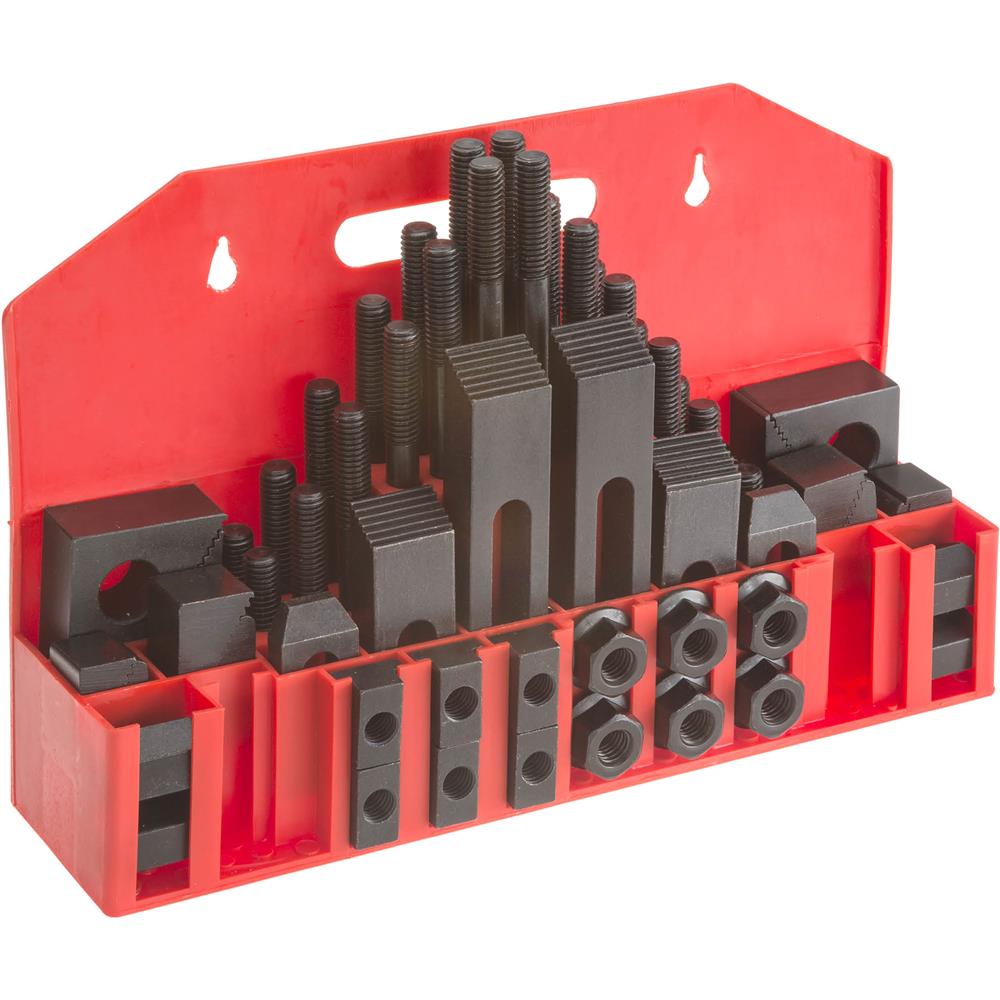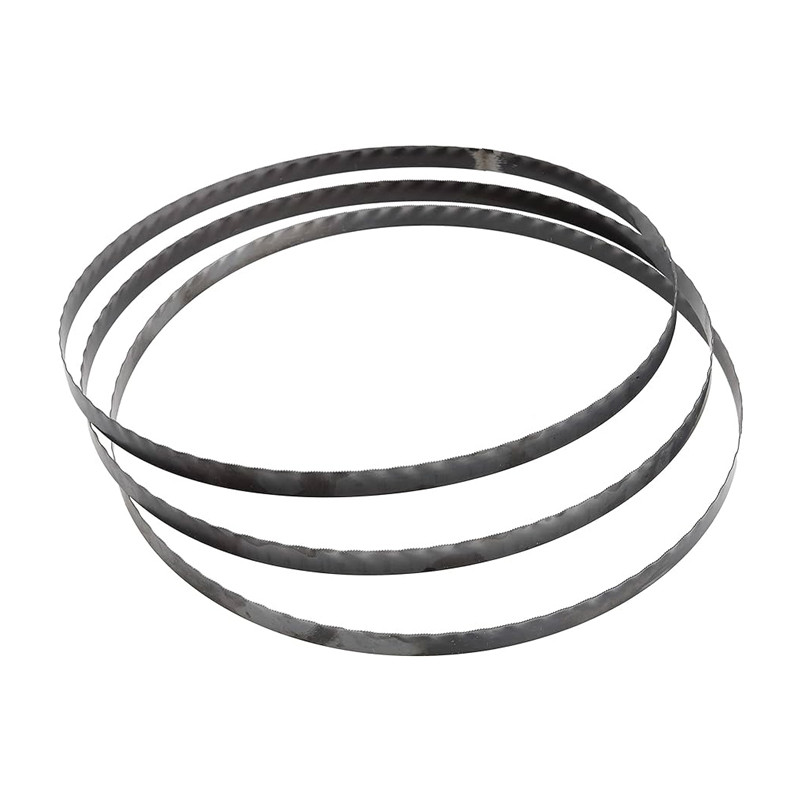Wholesale drill sleeves
Wholesale drill sleeves, also known as reduction sleeves or drill socket sleeves, are essential tools for adapting smaller Morse taper shank drills to larger machine tool spindles. They ensure accurate and efficient drilling by providing a secure and concentric fit. This comprehensive guide covers everything you need to know about wholesale drill sleeves, including types, materials, selection criteria, and where to buy them. Wayleading Tools offers a wide range of high-quality wholesale drill sleeves to meet your specific drilling needs.
Understanding Drill Sleeves
What are Drill Sleeves?
Wholesale drill sleeves are adapters used to accommodate drills with Morse taper shanks smaller than the spindle bore of a drilling machine, lathe, or milling machine. They allow a smaller drill to be used in a larger spindle, expanding the versatility of your machine tool. They are also sometimes referred to as drill socket sleeves or Morse taper adapters.
Why Use Drill Sleeves?
Using wholesale drill sleeves offers several advantages:
- Versatility: Allows you to use a wider range of drill sizes with a single machine.
- Cost-Effectiveness: More economical than purchasing multiple machines with different spindle sizes.
- Precision: Ensures concentric alignment for accurate drilling.
- Protection: Protects the machine spindle from damage.
Types of Drill Sleeves
Morse Taper Sleeves
The most common type, designed to adapt Morse taper shanks. Morse tapers range from MT0 to MT7, with each size having specific dimensions. When choosing a Morse taper sleeve, make sure it is compatible with the drill shank and machine spindle. You can find detailed specifications of the different Morse Taper dimensions on the Machinery's Handbook.
Drill Socket Sleeves
Similar to Morse taper sleeves, but may have slightly different dimensions or features. Always check the specifications to ensure compatibility.
Reducing Sleeves
Specifically designed to reduce the size of a drill shank to fit a smaller spindle. For instance, a reducing sleeve might adapt an MT3 drill to an MT2 spindle. Wayleading Tools provides reducing sleeves built to exacting standards for optimal performance.
Materials Used in Drill Sleeves
Wholesale drill sleeves are typically made from high-quality steel, often hardened and ground for durability and precision.
- High-Carbon Steel: Provides good strength and wear resistance.
- Alloy Steel: Offers increased toughness and resistance to deformation.
- Hardened Steel: Ensures long-lasting performance and accuracy.
Selecting the Right Drill Sleeve
Determine Your Needs
Before purchasing wholesale drill sleeves, consider the following factors:
- Drill Shank Size: Identify the Morse taper size of your drills.
- Machine Spindle Size: Determine the Morse taper size of your machine spindle.
- Material: Choose a material that is appropriate for the type of drilling you will be doing.
- Accuracy Requirements: Consider the level of precision needed for your applications.
Checking for Quality
When selecting wholesale drill sleeves, inspect the following:
- Surface Finish: Look for a smooth, ground surface for accurate alignment.
- Concentricity: Ensure the sleeve is perfectly round to prevent runout.
- Hardness: Verify that the sleeve is properly hardened for durability.
Where to Buy Wholesale Drill Sleeves
You can purchase wholesale drill sleeves from various suppliers, including:
- Online Retailers: Sites like Amazon and eBay offer a wide selection.
- Industrial Supply Companies: Companies specializing in tools and equipment.
- Direct Manufacturers: Purchasing directly from manufacturers like Wayleading Tools can offer competitive pricing and quality assurance.
Maintenance and Care
Proper maintenance ensures the longevity and accuracy of your wholesale drill sleeves.
- Cleaning: Regularly clean the sleeves to remove debris and prevent rust.
- Lubrication: Apply a light coat of oil to prevent corrosion.
- Storage: Store sleeves in a dry place to prevent rust and damage.
Troubleshooting Common Issues
Drill Sleeve Slipping
Slipping can occur due to several reasons:
- Incorrect Size: Ensure the sleeve fits snugly in the spindle.
- Contamination: Clean both the sleeve and spindle to remove oil or debris.
- Worn Sleeve: Replace worn sleeves to maintain proper grip.
Drill Wobbling
Wobbling indicates misalignment:
- Damaged Sleeve: Inspect the sleeve for damage or wear.
- Improper Installation: Ensure the sleeve is fully seated in the spindle.
- Spindle Condition: Check the machine spindle for damage or runout.
Real-World Applications
Wholesale drill sleeves are used in a wide range of industries, including:
- Metalworking: Drilling, reaming, and tapping operations.
- Woodworking: Drilling holes in wood and composite materials.
- Automotive: Manufacturing and repair of automotive components.
- Aerospace: Precision drilling in aircraft manufacturing.
Conclusion
Wholesale drill sleeves are indispensable tools for any workshop or manufacturing facility requiring precise and efficient drilling. By understanding the different types, materials, and selection criteria, you can choose the right sleeves for your specific needs. Remember to properly maintain your sleeves to ensure long-lasting performance. Wayleading Tools offers a comprehensive range of high-quality drill sleeves designed to meet the demands of professional users. Visit www.wayleading.com to explore our selection and find the perfect solution for your drilling applications.
Related products
Related products
Best selling products
Best selling products-
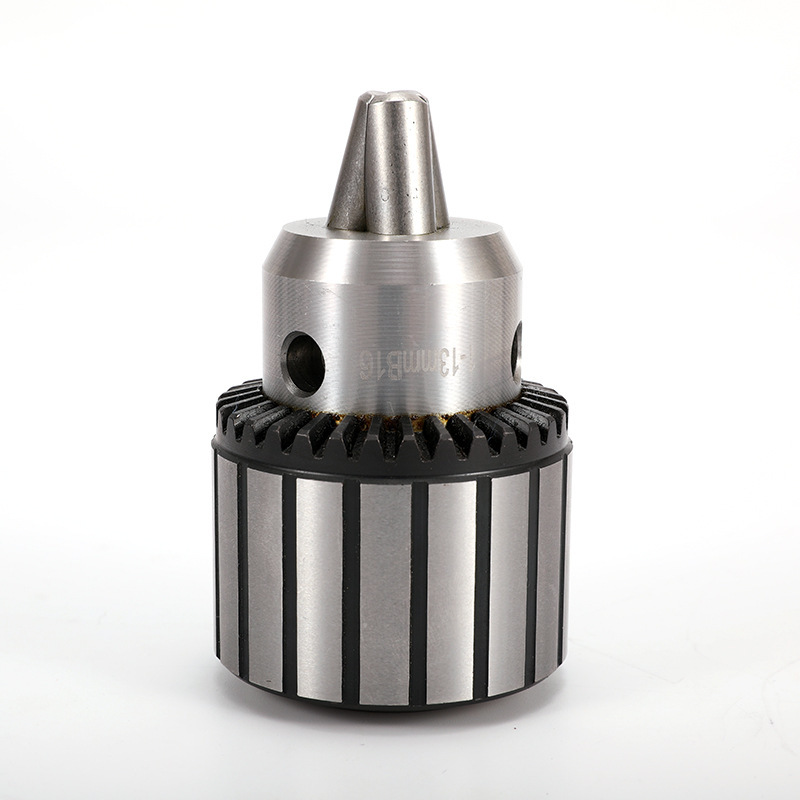 Key Type Drill Chuck With Heavy Duty Type
Key Type Drill Chuck With Heavy Duty Type -
 Metric HSS Annular Cutters With Weldon Shank For Metal Cutting
Metric HSS Annular Cutters With Weldon Shank For Metal Cutting -
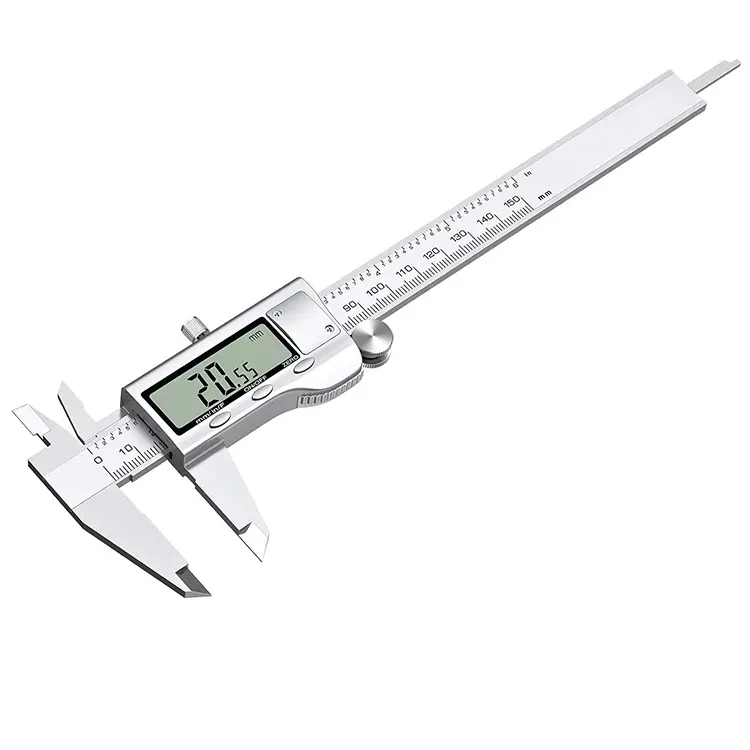 Precision Digital Caliper Of Metal Case For Industrial
Precision Digital Caliper Of Metal Case For Industrial -
 Type C Cylinder Ball Nose Tungsten Carbide Rotary Burr
Type C Cylinder Ball Nose Tungsten Carbide Rotary Burr -
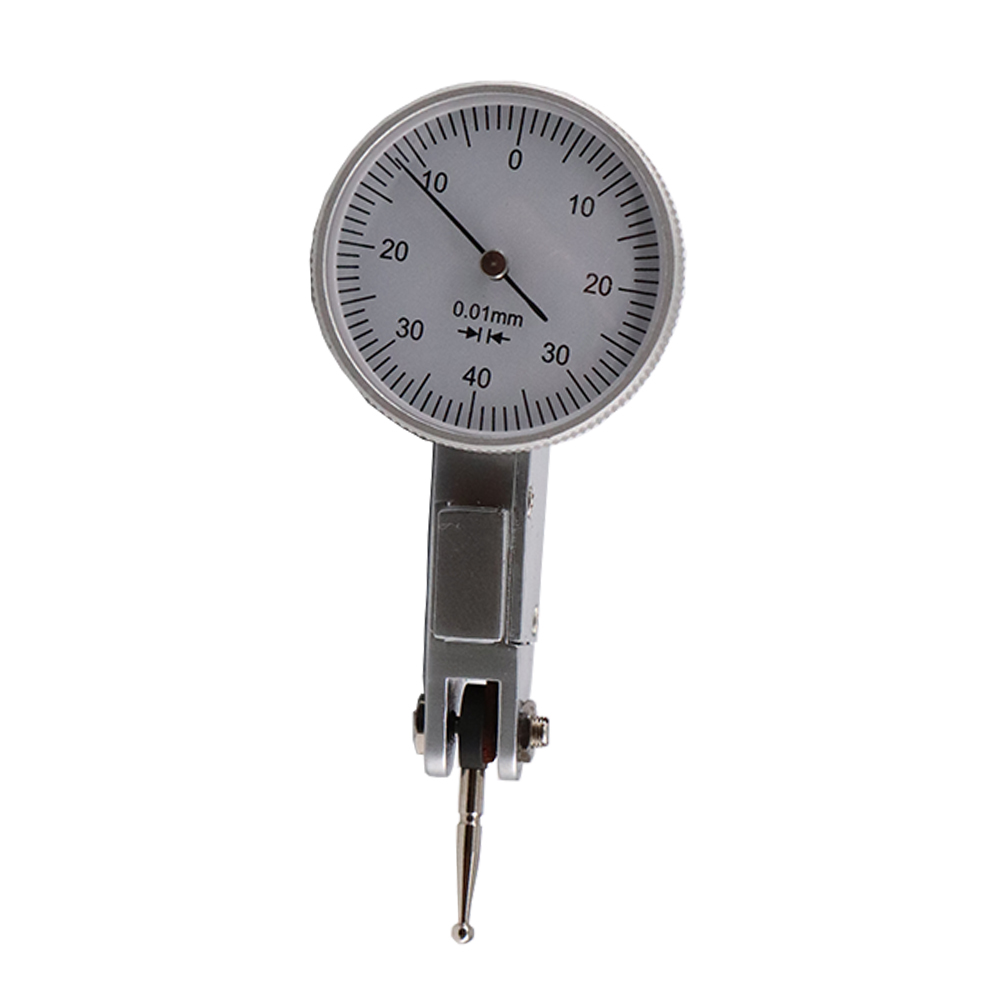 Precision Dial Test Indicator Gage For Industrial
Precision Dial Test Indicator Gage For Industrial -
 HSS Annular Cutters With Weldon Shank For Metal Cutting
HSS Annular Cutters With Weldon Shank For Metal Cutting -
 HSS Involute Spline Cutter With PA30
HSS Involute Spline Cutter With PA30 -
 Inch ER Collets With Hight Precision Milling
Inch ER Collets With Hight Precision Milling -
 R8 Hex Collet With Inch and Metric Size
R8 Hex Collet With Inch and Metric Size -
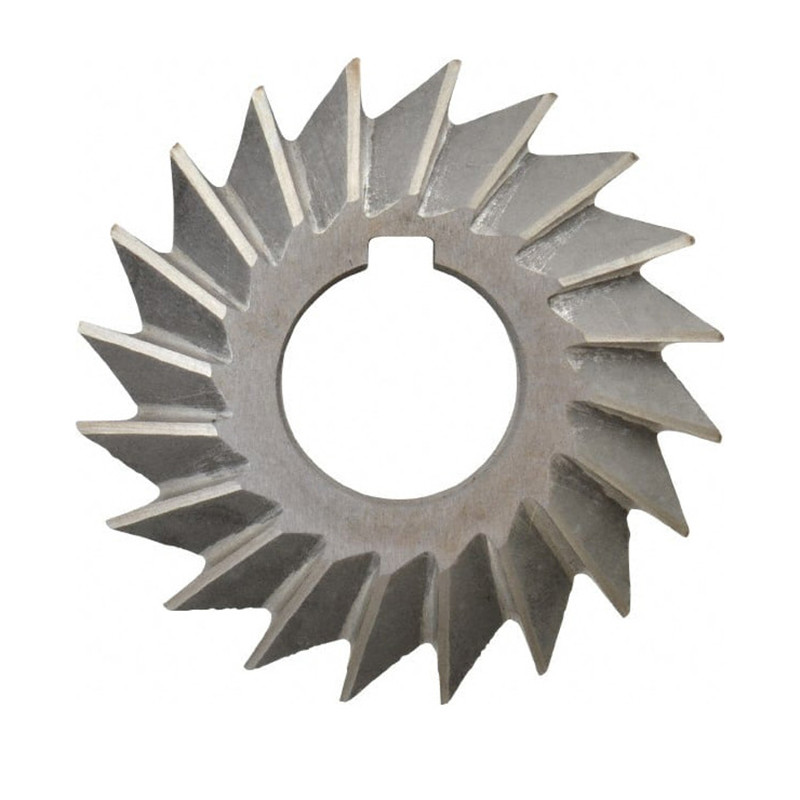 HSS Inch & Metric Single Angle Milling Cutter For Industrial With Bright Or TiN Coated
HSS Inch & Metric Single Angle Milling Cutter For Industrial With Bright Or TiN Coated -
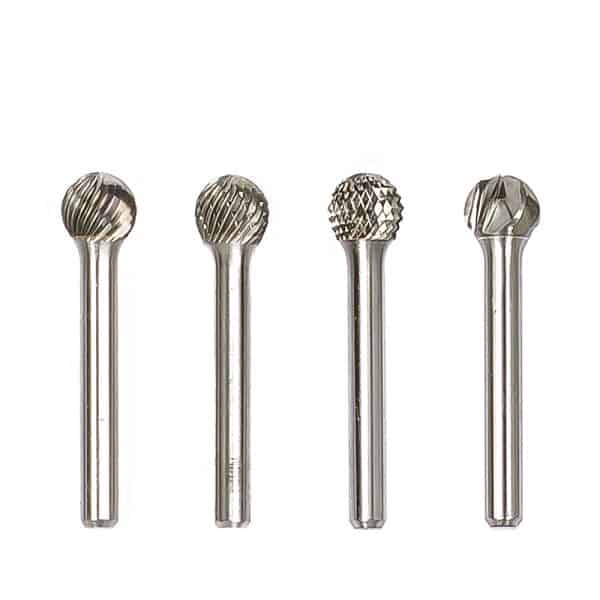 Type D Ball Tungsten Carbide Rotary Burr
Type D Ball Tungsten Carbide Rotary Burr -
 5C Square Collet With Inch and Metric Size
5C Square Collet With Inch and Metric Size



